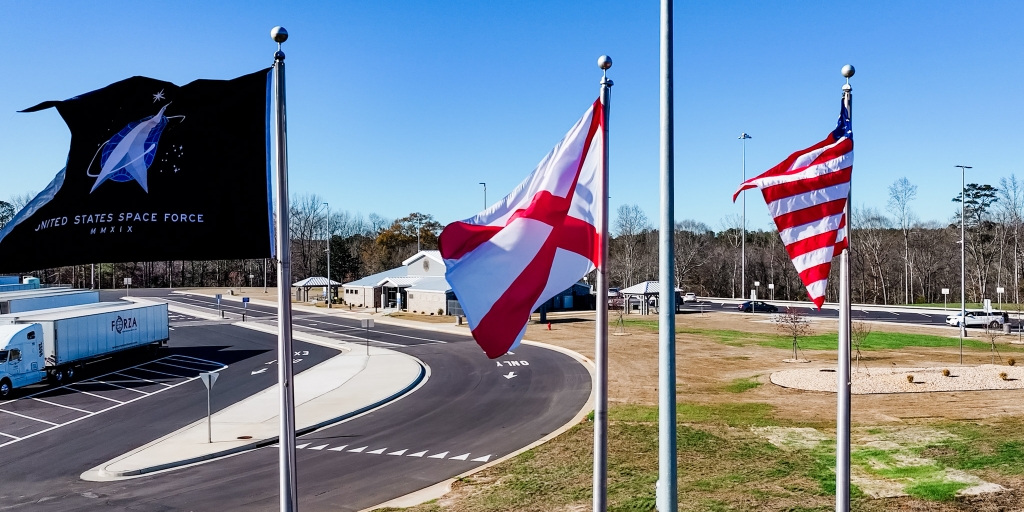 By David G. Savage and Carol J. Williams, Los Angeles Times
By David G. Savage and Carol J. Williams, Los Angeles Times
Reporting from Washington and Los Angeles— Federal judges have blocked strict new immigration laws adopted by conservative legislatures in half a dozen states, including a ruling last week that said South Carolina may not set up a “street-level dragnet” to stop and arrest illegal immigrants.
But immigrant rights advocates who have cheered those rulings may soon find their luck has run out as those rulings head for the Supreme Court. Legal experts believe the high court’s conservative majority will take a sharply different approach.
So far, lower-court judges have mostly sided with the Obama administration, ruling, as U.S. District Judge Richard M. Gergel did in the South Carolina case, that regulating immigration is the province solely of the federal government, not the states.
“The clear message, from judges across the country, is that the states have overreached,” said UC Davis law professor Gabriel Chin.
In addition to South Carolina, judges have blocked extensive parts of immigration laws in Arizona, Georgia, Indiana and Utah and some parts of an Alabama law.
In Georgia, for example, U.S. District Judge Thomas Thrash Jr. blocked parts of that state’s law including one authorizing police to verify the immigration status of someone who can’t provide proper identification. “The apparent legislative intent is to create such a climate of hostility, fear, mistrust and insecurity that all illegal aliens will leave Georgia,” Thrash wrote in his June ruling.
A few days earlier, U.S. District Judge Sarah Evans Barker put on hold part of Indiana’s law that authorized the arrest of anyone ordered deported by an immigration court. Last week in South Carolina, Gergel, an Obama appointee, blocked the state from giving police the authority to arrest and hold suspected illegal immigrants while checking their immigration status.
In Arizona, a federal judge backed by the U.S. Court of Appeals in San Francisco halted six parts of the state law, including one that made it a crime to lack immigration papers or to work in the state while in the country illegally.
In Alabama, a federal judge and the U.S. appeals court in Atlanta put on hold several provisions of that state’s law, the strictest in the nation, including one that required schools to check the immigration status of new students.
Other major parts of the Alabama law were allowed to take effect, however, including the requirement that police check the immigration status of persons who are lawfully stopped or taken into custody.
Immigrant rights advocates say nearly all the judges have agreed that states cannot make immigration offenses a state crime.
“The common thread is that states can’t be in the business of finding and locking up people they suspect of being undocumented immigrants,” said Cecillia Wang, director of the national Immigrants’ Rights Project of the American Civil Liberties Union. The Alabama ruling is the one notable exception to that trend.
Advocates for immigrants often describe the cases as being about civil rights and fears of racial profiling. But in court, the key question is whether states have the power to use their judges and state and local police to enforce policies against illegal immigration.
Immigration laws pose a test of states’ rights in Supreme Court latimes.com/news/nationwor…
Immigration laws pose a test of states’ rights in Supreme Court latimes.com/news/nationwor…
— George Talbot (@georgetalbot) December 29, 2011










